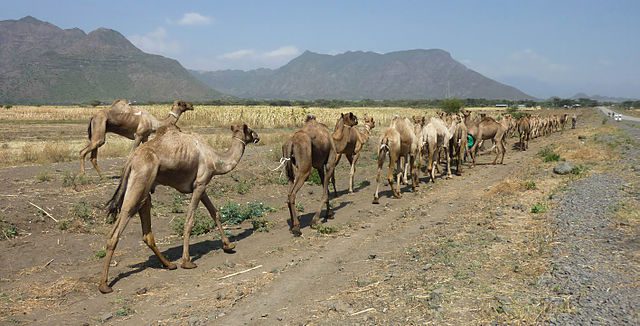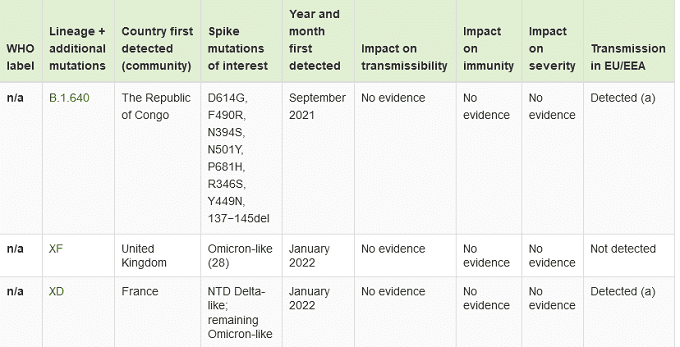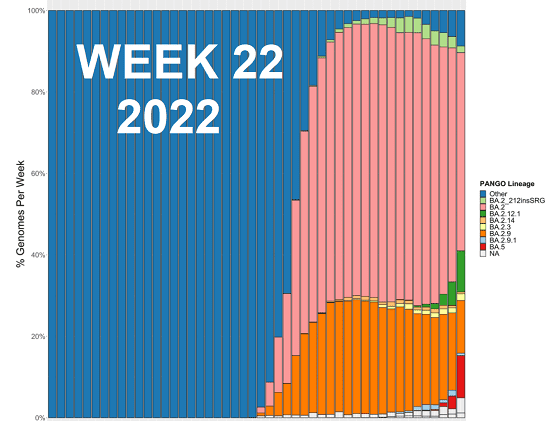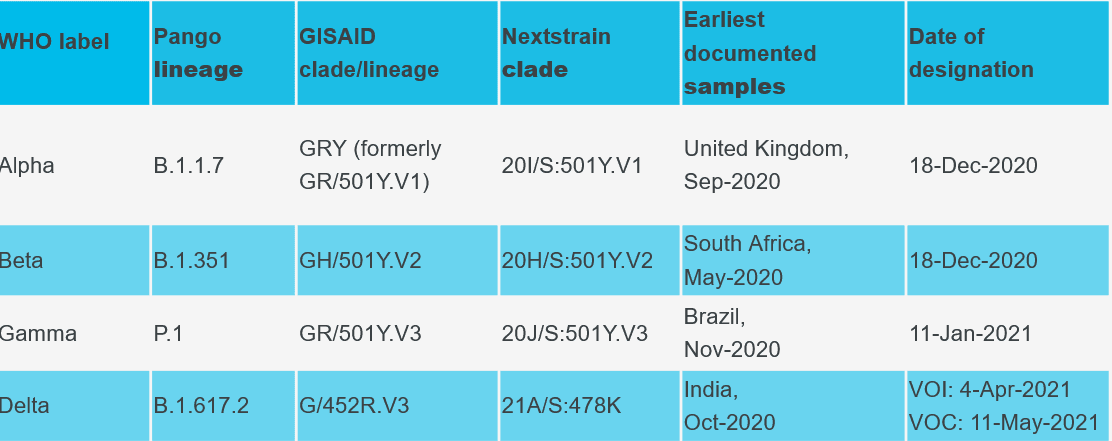
Africa: The Andromedary Strain – the next coronavirus pandemic waiting in the wings
MERS-CoVs in African camels may independently acquire amino acid substitutions in the coronavirus spike that may confer increased pathogenicity for humans. Either scenario would lead to major adverse health impacts in Africa and be associated with pandemic threat.
It has been shown that clade B MERS-CoV now established in the Arabian Peninsula appears to have a fitness advantage in dromedary populations in the Arabian Peninsula, because repeated introduction of clade C viruses to Saudi Arabia have not resulted in the establishment of these lineages in the Arabian Peninsula. It is possible that some of these genetic changes that produced increased fitness for dromedaries fortuitously facilitated increased replication competence in the human lung and pathogenicity in humans. If these pathogenic clade B viruses were to be introduced into dromedary camels in Africa, they may well become dominant in dromedaries in that continent, with major adverse consequences for human health. Since the trade movements are almost uniformly into the Arabian Peninsula rather than out of it, this risk may not be high at present, but it is important to be aware of it and mitigate such an eventuality. Alternatively, MERS-CoVs in Africa may independently acquire amino acid substitutions in the spike that may confer increased pathogenicity for humans. Either scenario would lead to major adverse health impacts in Africa and be associated with pandemic threat.
Research article: Phenotypic and genetic characterization of MERS coronaviruses from Africa to understand their zoonotic potential
Image By Bernard Gagnon – Own work, CC BY-SA 3.0, https://commons.wikimedia.org/w/index.php?curid=28048531





